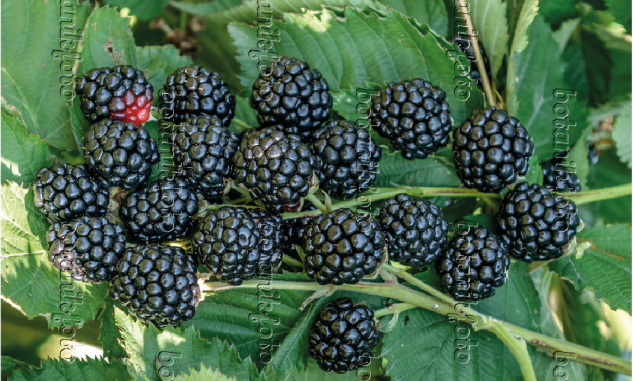


Select the berries that are bright and firm as it indicates freshness. Check for mold growth or worm infestation before buying. While buying processed and packaged berries check for “use-by” date.
Tannins in blackberry may contribute to the development of tumors if consumed in high concentrations. Pregnant and lactating mothers may eat blackberry fruit in normal amounts but should avoid the usage of blackberry leaf tea. Consuming large quantities of blackberry leaf tea elevates the number of tannins in the body and may cause stomach complications such as nausea and vomiting. (1)
- Disclaimer
"Information here is provided for discussion and educational purposes only. It is not intended as medical advice or product or ingredient review/rating. The information may not apply to you and before you use or take any action, you should contact the manufacturer, seller, medical, dietary, fitness or other professional. If you utilize any information provided here, you do so at your own risk and you waive any right against Culinary Communications Private Limited, its affiliates, officers, directors, employees or representatives.”
Description
Blackberry is a prickly fruit-bearing bush of the genus Rubus of the rose family (Rosaceae) that is known for its dark edible fruits. Each individual blackberry, when ripe, is made up of 20-50 single seeds known as drupelets that are small, juice-filled and a deep purplish black. Blackberries have a fragile and smooth skin with a greenish core which lengthens nearly to the base of the berry. Immature blackberries are generally red or green and hard to touch and they later turn into black, soft, juicy, and glossy fruits on ripening. It is chiefly native to north temperate regions but are particularly abundant in eastern North America and on the Pacific coast of that continent and is cultivated in many areas of North America and Europe.